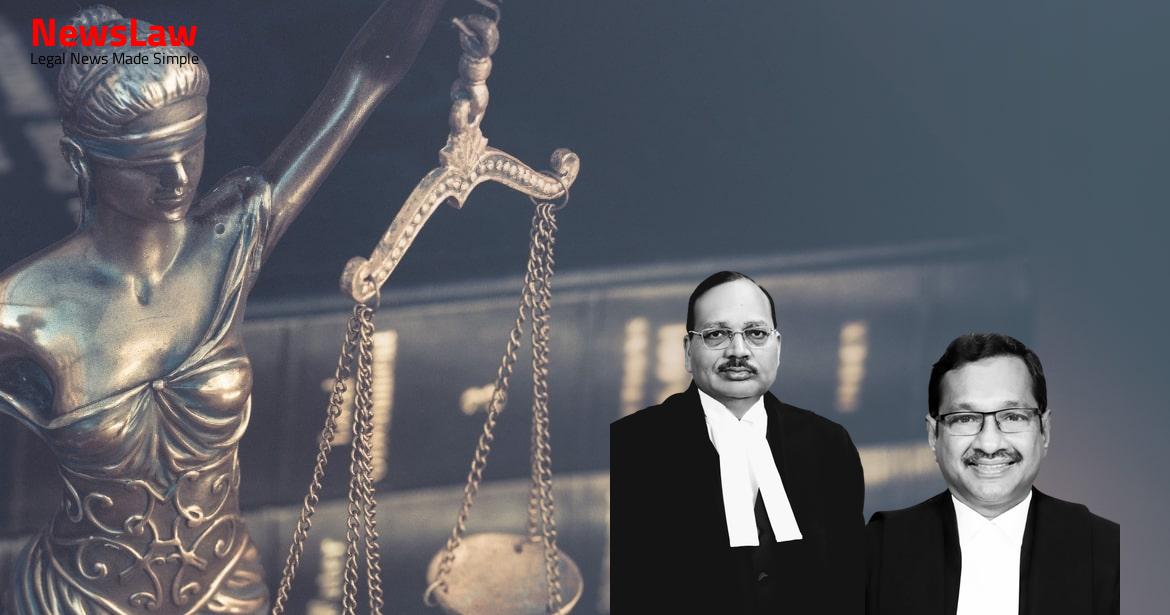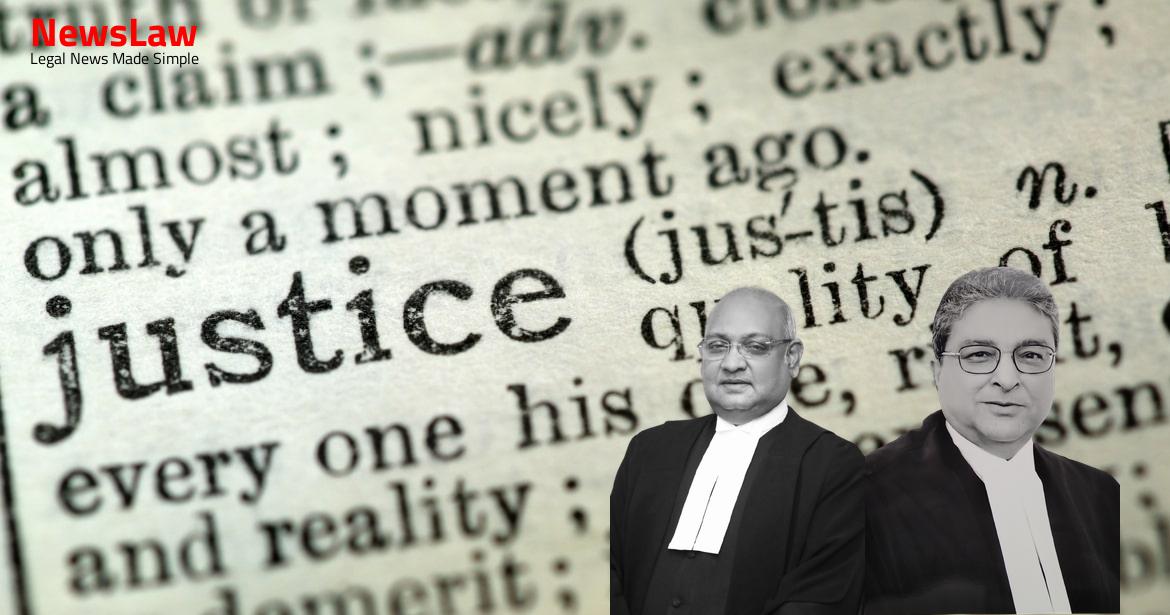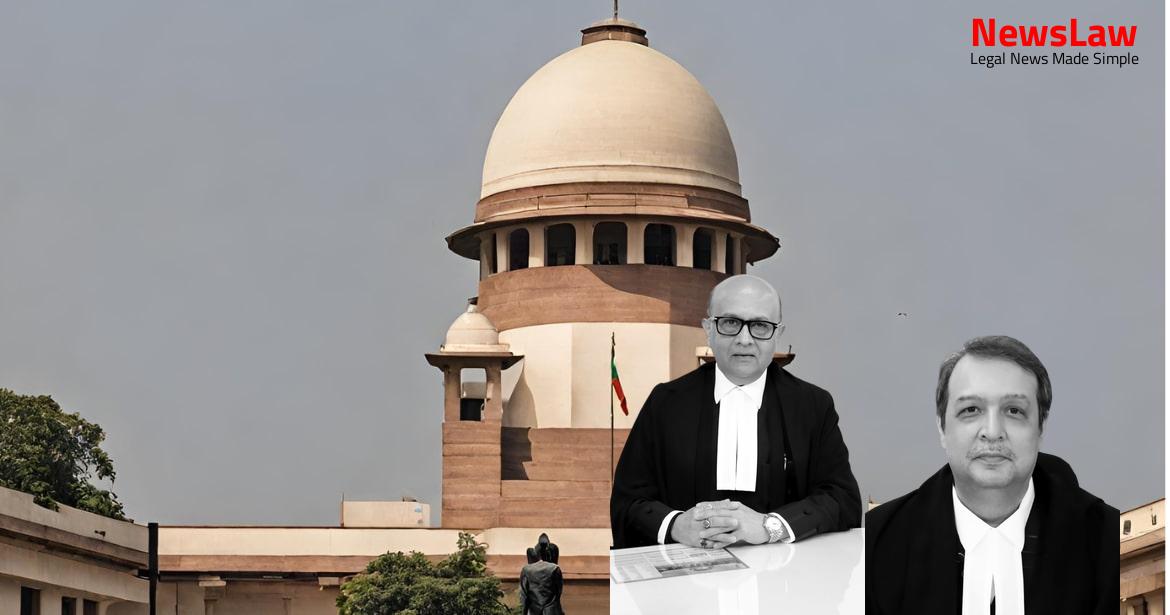Appellant VERSUS Commissioner of Income Tax (TDS) Delhi….. The provision requires deduction of tax at source (“TDS”) at 10% plus surcharge from payments falling under the definition of “Commission” or “Brokerage” under the Section. Alongside setting the standard pecuniary amount for tickets, the IATA would provide blank tickets to the travel agents acting on behalf of the airlines to market and sell the travel documents. Once these tickets were sold, a 7% commission designated by the IATA would, be paid to the travel agent for its services as 3 53 “Standard Commission” based on the price bar set by the IATA.
While the ceiling price could not be breached, as mentioned earlier, the agents would be at liberty to set a price lower than the Base Fare pegged by the IATA, but still higher than the Net Fare demanded by the airline itself. 20,000 left after payment of Net Income of the travel agent Additional Income of the travel agent 5 53 Fare to the Assessee 8. Thus, the heart of the dispute between the Assessee airlines and the Revenue in this case lies in the characterization of the income earned by the agent besides the Standard Commission of 7% and whether this additional portion would be subject to TDS requirements under Section 194H. Spurred by the reintroduction of Section 194H in the IT Act by the Finance Act, 2001, the Revenue sent out notices to the air carriers operating in the country to adhere to the requirements for deduction of TDS.
Subsequently, successive Assessment Orders were passed holding that the airlines were 8 53 assessees in default under Section 201 of the IT Act for their failure to deduct TDS from the Supplementary Commission, and the demands raised by the Revenue in respect of each of them were confirmed. Following addition of surcharge, and interest under Section 201(1A), the aggregate amount calculated as being owed to the Revenue was: Assessee (Liability)
Surcharge + Interest Aggregate Amount Singapore Airlines (Rs.
The Assessees proceeded to file their respective appeals before the Commissioner of Income Tax (Appeals) against the Assessment 9 53 Orders. In this case, the amounts earned 10 53 by the agent in addition to the Net Fare are not connected to any service rendered to the Assessee; (v) The Revenue had erroneously and baselessly assumed that the travel agent had, in every dealing, realized the entire difference between the Net Fare and the IATA Base Fare and characterized the entire differential as a Supplementary Commission. In the context of the applicability of Section 194H of the IT Act, the Division Bench reversed the findings of the ITAT and restored the Assessment Orders.
The terms of the PSAs also indicated that the actions of the agents in procuring customers was done on behalf of the airlines and not independently; (iii) Hence, the additional income garnered by the agents was inextricably linked with the overall principal-agent relationship and the responsibilities that they were entrusted with by the Assessees; (iv) There was no transfer in terms of title in the tickets and they remained the property of the airline companies throughout the transaction; 12 53 (v) The Assessees were only required to make the deductions under Section 194H of the IT Act when the total amounts were accumulated by the BSA. 6966-6967 of 2015, has vehemently urged us to appreciate the incorrectness of the impugned judgment, on the following grounds:- (i) After the tickets are provided to the travel agent to sell, the Assessees no longer have any control over the price at which the agent finally sells them. The second relationship is between the agent and the customer in course of which the agent attempts to sell the ticket for the highest price possible to maximize its income; (iii) The airline is oblivious to the final price at which the agent sells the travel documents to the customer. However, if the PSA itself does not address certain aspects of the agent’s functioning, these facets cannot 15 53 fall under the ambit of the principal-agent relationship, as defined under Section 182 of the Contract Act; (v) Section 194H of the IT Act refers to a “Commission” as being payment in the course of “services rendered”. (viii)The travel agents had already filed tax returns which were inclusive of the amounts earned by them from the sale of tickets over and above the Net Fare. The overall relationship that exists between the airline and the travel agents is that of principal-agent, and having admitted this position before the High Court, no contrary stands were possible at this stage; 17 53 (ii) The PSAs between the Assessees and the travel agents clearly showed that every activity carried out by the latter in terms of selling the tickets was on behalf of the air carrier, further cementing the principal-agent equation; (iii) At no point did title in the tickets pass from the airline to the agents to transform the relationship into one between two principals. It was completely practical and permissible for the airlines to assemble the amounts together and make a comprehensive TDS deduction at the end of the month; (v) The language of Section 194H is inclusive and covers any “direct or indirect” payments to the agent. ANALYSIS D.1 INTERPRETATION OF SECTION 194H OF THE IT ACT 19.
Also Read: https://newslaw.in/case-type/criminal/analysis-of-cheating-and-forgery-in-passport-case/
Explanation.—For the purposes of this section,— (i) “commission or brokerage” includes any payment received or receivable, directly or indirectly, by a person acting on behalf of another person for services rendered (not being professional services) or for any services in the course of buying or selling of goods or in relation to any transaction relating to any asset, valuable article or thing, not being securities; 20. Due to the interlinked nature of Section 194H of the IT Act and Section 182 of the Contract Act, our examination will axiomatically focus upon both provisions. The distinction between a servant and an agent is thus indicated in Powell’s Law of Agency, at page 16 :- 21 53 (a) Generally a master can tell his servant what to do and how to do it. The statement of the law contained in Halsbury’s Laws of England – Hailsham Edition – Volume 22, page 113, paragraph 192 may be referred to in this connection :- “The difference between the relations of master and servant and of principal and agent may be said to be this : a principal has the right to direct what work the agent agent has to do : but a master has the further right to direct how the work is to be done.” The position is further clarified in Halsbury’s Laws of England – Hailsham Edition – Volume 1, at page 193, article 345 where the positions of an agent, a servant and independent contractor are thus distinguished :- ” An agent is to be distinguished on the one hand from a servant, and on the other from an independent contractor. An agent, though bound to exercise his authority in accordance with all lawful instructions which may be given to him from time to time by his principal, is not subject in its exercise to the direct control or supervision of the principal. Whether a particular agreement is an agency agreement or an agreement of sale depends upon the terms of the agreement.
STO, Bhopal by a 3-judge bench which held: “5…Thus the essence of the matter is that in a contract of sale, title to the property passes on to the buyer on delivery of the goods for a price paid or promised. A contract of agency, however, differs essentially from a contract of sale inasmuch as an agent after taking delivery of the property does not sell it as his own property but sells the same as the property of the principal and under his instructions and directions. Learned Senior Counsel for the Assessees has gone to great lengths to show us that there isn’t even a whisper in the PSA regarding the transaction between the travel agents and the customer.
Clause 6.1 of the PSA states in clear terms that the travel documents “…are and remain the sole property of the Carrier…until duly issued and delivered pursuant to a transaction under this Agreement. The Agent is also authorized to sell such ancillary and other services us the Carrier may authorize; 3.2 All sold pursuant to this Agreement shall be sold on behalf of Carrier and in compliance with Carrier’s tariffs, conditions of carriage and the written instructions of the Carrier as provided to the Agent. Indemnities and Waiver 15.1 The Carrier agrees to indemnify and hold harmless the Agent, its officers and employees from and against liability for any loss, injury, or damage, whether direct, indirect or consequential, arising in the course of transportation or other ancillary services provided by the Carrier pursuant to a sale made ty the Agent hereunder or arising from the failure of the Carrier to provide such transportation or services, except to the extent that such less, injury, or damage is caused or 27 53 contributed to by the Agent, its officers, employees or any other person acting on the Agent’s behalf. The airline also indemnifies the travel agent for any shortcoming in the actual services of transportation, and any connected ancillary services, as it is the former that actually retains title over the travel documents and is responsible for the actual services provided to the final customer. Agarwal, remained resolute in his submission that the principal-agent relationship does not cover the Supplementary Commission on the basis of arguments that are independent of the PSA.
Clause (ii) defines professional services; Clause (iii) defines securities; and Clause (iv) provides a deeming fiction for treating any income so as to attract the rigor of the Section for ensuring its compliance. The next point raised was regarding the practicality and feasibility of making the deductions, regardless of whether Section 194H may, in principle, cover the indirect payment to the travel agent. Counsel for the Revenue contended that it was not the case of the Revenue that this difference between the principal price of the tickets and the minimum fixed commercial price amounted to payment of brokerage.
In the facts of the present case, it is seen that the airlines would have no information about the exact rate at which the tickets were ultimately sold by their agents since the agents had 31 53 been given discretion to sell the tickets at any rate between the fixed minimum commercial price and the published price and it would be impracticable and unreasonable to expect the Assessee to get a feed back from their numerous agents in respect of each ticket sold. Learned counsel for the Revenue, on the other hand, urged that the Delhi High Court’s stand in the impugned judgment is the correct position, both in terms of the law under Section 194H and a practical understanding of how the airline industry operates. Once an obligation is cast it is for the assessee-airline to retrieve the necessary information from the travel agent who works under its supervision and put itself in a position to deduct tax on the actual income received by the travel agent on sale of each of such traffic documents/air tickets sold on behalf of the assessee-airline. Union of India the Assessee was a travel agent that had filed a Writ Petition before the High Court seeking a declaration that TDS under Section 33 53 194H would be deducted only for the Standard Commission amount actually paid to it by the airlines it was operating for. The liability for payment of tax arises, in terms of the statute and the perception of the appellants cannot determine the true content of the statutory provision and cannot afford a sound basis for the court injuncting the person, who may otherwise be liable to deduct tax, from deducting tax on payment made to the agents. In this background, the landscape in regard to Section 194H and its applicability to the auxiliary amounts earned by a travel agent on top of the Net Fare demonstrates a lack of uniformity among High Courts. The expectation from the Revenue is not that the Assessees make TDS deductions in real time as the sale of tickets by the agents is recorded on the BSP.
(Supra) a contract of agency does not entail control over the minutiae of the agent’s actions. An agent though bound to exercise his authority in accordance with all lawful instructions which may be given to him from time to time by his principal, is not subject in its exercise to the direct control or supervision of the principal. Clause 9 of that agreement said that “the agents may regulate and conduct their proceedings in such manner as they may from time to time determine and may delegate all or any of their powers, authorities and discretions as secretaries, 37 53 treasurers and agents of the company to such person or persons and on such terms and conditions as they may think fit, subject to the approval of the Board of Directors of the company.” The delegation in favour of the appellant was made under this clause. He was an agent of the principal for such part of the business of the agency as was entrusted to him.” The fact that the travel agent has discretion to set an Actual Fare which is above the Net Fare has no effect on the nature of the relationship between the parties. The Clause in question is reproduced below: 7.2 All monies collected by the Agent for transportation and ancillary services sold under this Agreement, including applicable remuneration which the Agent is entitled to claim hereunder, are the property of the Carrier and must be held by the Agent in trust for the Carrier or on behalf of the Carrier until satisfactorily accounted for to the Carrier and settlement made. — If an agent deals on his own account in the business of the agency, without first obtaining the consent of his principal and acquainting him with all material circumstances which have come to his own knowledge on the subject, the principal may repudiate the transaction, if the case shows, either that any material fact has been dishonestly concealed from him by the agent, or that the dealings of the agent have been disadvantageous to him.
Further, an agent acting of its own account does not, in principle, alter the nature of a contract of agency and only gives rise to the consequences mentioned under Sections 215 and 216 of the Contract Act if the conditions contained within them exist.
From the exposition of law on the ambit of a contract of agency and its resultant effect on the classification of the difference between the Actual Fare and Net Fare as being a “Commission” liable to deduction of TDS, we are left unmoved by the submissions of the Assessees. Kumar, admitted the payment of income tax by the travel agents but has argued that this does not absolve the airlines of their infraction in terms of the mandate under Section 194H of the IT Act. The Tribunal upon rehearing the appeal held that though the appellant-assessee was rightly held to be an ‘assessee in default’, there could be no recovery of the tax alleged to be in default once again from the appellant considering that Pradeep Oil Corporation had already paid taxes on the amount received from the appellant. However, this will not alter the liability to charge interest under Section 201(1A) of the Act till the date of payment of taxes by the deducted-assessee or the liability for penalty under Section 271C of the Income-tax Act.” A similar principle was also advanced in the context of Section 192 of the IT Act in Commissioner of Income Tax v. Similarly, in each of the 104 appeals, the AO shall examine and find out whether interest has been paid/recovered for the period between the date on 44 53 which tax was deductible till the date on which the tax was actually paid. However, it would be open to the Revenue to seek payment of interest under Section 201(1A) for the period between the date of default in deduction of TDS and the date on which the recipient actually paid income tax on the amount for which there had been a shortfall in such deduction. Thus, we deem it appropriate to remand the matter back to the Assessing Officer to flesh out these points in terms of the interest payments due for the period from the date of default to the date of payment of taxes by the agents.
The twin provisions read as follows: Section 271C: Penalty for Failure to Deduct Tax at Source: (1) If any person fails to – (a) Deduct the whole or any part of the tax as required by or under the provisions of Chapter XVII-B; or (b) Pay the whole or any part of the tax as required by or under, – (i) Sub-section (2) of Section 115O; or (ii) Second proviso to Section 194B, then, such person shall be liable to pay, by way of penalty, a sum equal to the amount of tax which such person failed to deduct or pay as aforesaid. x -x-x Section 273B: Penalty not to be imposed in Certain Cases:
Also Read: https://newslaw.in/supreme-court/discrepancy-in-date-of-birth-courts-legal-analysis/
Notwithstanding anything contained in the provisions of clause (b) of Sub-section (1) of Section 271, Section 271A, Section 271AA, Section 271B, Section 271BA, Section 271BB, Section 271C, Section 271CA, Section 271D, Section 271E, Section 271F, Section 271FA, Section 271FB, Section 271G, clause (c) or clause (d) of Sub-section (1) or Sub-section (2) of Section 272A, Sub- section (1) of Section 272AA, or Sub-section (1) of Section 272BB or Sub-section (1A) of Section 272BB or Sub-section (1) of Section 272BBB or clause (b) of Sub 47 53 section (1) or clause (b) or clause (c) of Sub-section (2) of Section 273, no penalty shall be imposable on the person or the assessee, as the case may be, for any failure referred to in the said provisions if he proves that there was reasonable cause for the said failure. (Supra) had elaborated, in the passage extracted below, on the context in which Section 273B may be utilized: 94…Section 273B states that notwithstanding anything contained in Section 271C, no penalty shall be imposed on the person or the assessee for failure to deduct tax at source if such person or the assessee proves that there was a reasonable cause for the said failure. The tax-deductor-assessee was under a genuine and bona fide belief that it was not under any obligation to deduct tax at source from the home salary paid by the foreign company/HO and, consequently, we are of the 48 53 view that in none of the 104 cases penalty was leviable under Section 271C as the respondent in each case has discharged its burden of showing reasonable cause for failure to deduct tax at source.
Case Title: SINGAPORE AIRLINES LTD. Vs. C.I.T.,DELHI (2022 INSC 1201)
Case Number: C.A. No.-006964-006965 / 2015



